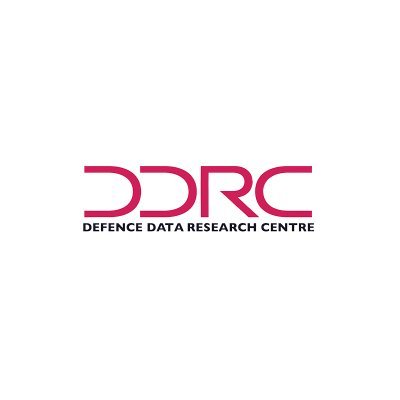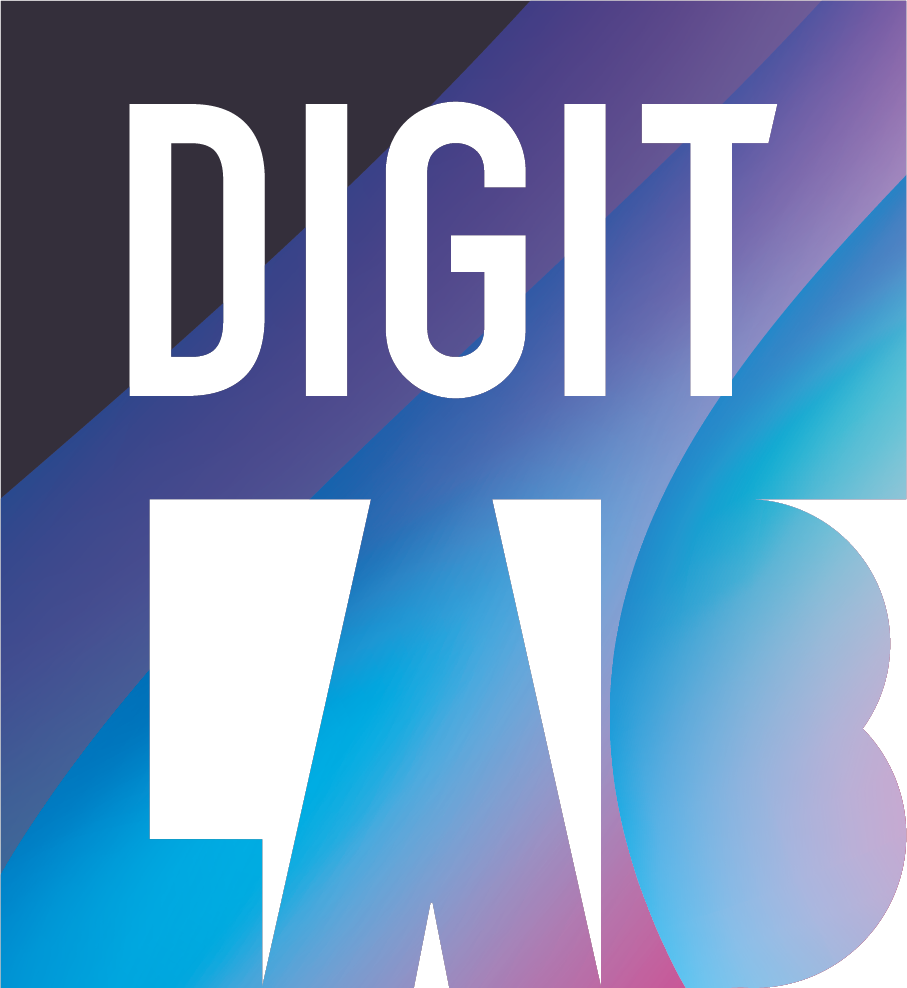Desirable impact in research is a complex picture. Impact, by definition, implies resultant change; we strive for the change we wish to see, but the ripple effects of that change can be manifold. As we embark on mapping out a pathway to impact through our research, a process which ought to be a forethought, there are a number of key considerations and judgement calls to be made. What impacts are we expecting to see as a direct result of our activity, and do we have consensus across stakeholders on which of these are to be deemed most valuable? Are we dealing with tangible, measurable impacts, and is it clear which metrics and indicators might demonstrate the success of these? How will we address the softer outcomes, and the less tangible impacts like a cultural shift, and also the unintended effects of our actions? And how might we best keep track of the ways in which our research is utilised to impact policy and practice? We need to consider what assumptions and limitations are inherent in our approach, and whether our impacts will likely be felt in the short-, medium-, or longer-term. It can be crucial, also, to ensure a responsive and agile approach to impact tracking; one which can keep pace with research pivots (impact is not always linear, after all). Furthermore, when the realisation of impact goals falls short, how can we be sure to capture the legacy and learning around this? There is indeed much to chew over before we move to sprint from the research starting blocks.
In the modern age of research, there is a greater expectation that we will closely consider the balance of impacts, take accountability, and find that sweet spot of meaningful impact with minimum collateral damage. Problem-solving and the driving of efficiencies needs to be balanced with other competing factors for a positive net gain. In today’s climate, the benchmark is the responsible researcher; one who considers the impacts felt by individuals, organisations and the environment. We typically engage with those directly impacted by our research activity by default, but could we, and should we, widen the net to extend further across networks and sectors, and take part in a greater degree of knowledge exchange activity? There is always benefit in remaining mindful of the bigger picture, and considering how the ripples of our impacts might be felt and received more widely across different domains of the ecosystem.
These days, we are also working in a more heavily regulated research environment, with an abundance of red tape, and checks and balances nestled along the pathway to impact. Funders now demand greater evidence of impact, with unlocking further funding often dependent upon impact having been robustly demonstrated; your pathfinder funding may or may not lead to accelerator funding, depending on the degree to which the promise of impact has been revealed during initial phases of research. And then we must consider if and how our impact will be sustainable, replicable and transferrable. With all of this in mind, our means of effectively communicating our impact messaging, and tailoring it to different audiences, becomes paramount.
As we gear up for AI Fest 5, the word ‘impact’ is taken up a notch, and is often heard in the context of ‘transformational impact,’ and so it should be. The best in the field come together to talk about the potential and means for powerful AI technology to create lasting impact that is game-changing and transformative for the UK Government’s Defence and Security services. They tackle the sector’s most complex problems, looking towards AI as a means of generating transformational and ethical impact, which can bring about tangible change, and provide lasting and sustainable solutions for better ways of working. But it’s not just about finding technical solutions; we’re not facing technological innovation problems so much as we are technological adoption problems, and the human-centric approach to AI being addressed at AI Fest 5 highlights the importance of capacity building, and of people’s involvement in the design and implementation of solutions. It is about co-creation and collaboration, rather than about human displacement.
Future AI research will not look solely at how technology can have impact by driving efficiencies and solving data problems, but also at how people and organisations might need to pivot or introduce changes in order to embed and maximise these impacts, and to see them reach their full potential. Centres like our own Defence Data Research Centre will be focussing not just on the potential of AI for transformational impact, but also on its practical implementation, and on the acceleration of its impact; bringing it to the fore sooner than might have been possible otherwise. There is a need for AI research grounded in real-world organisational contexts which not only shows impact potential, but also provides guidance on best practice implementation for maximum impact, and gives organisations the confidence to be bold, but also informed and evidence-led, in their approach to the adoption of AI solutions. When research is better understood, more accessible, more relevant, and more readily applied in real-world contexts, we unlock new lasting impact potential. Then we may end up at our final destination on the gold standard of impact pathways… in a place where insight has translated into action on the ground; it has been embraced and utilised, yielding the realisation of truly transformational and sustainable impact for Defence and Security services.










